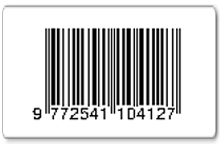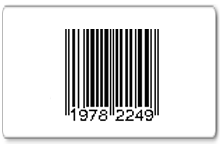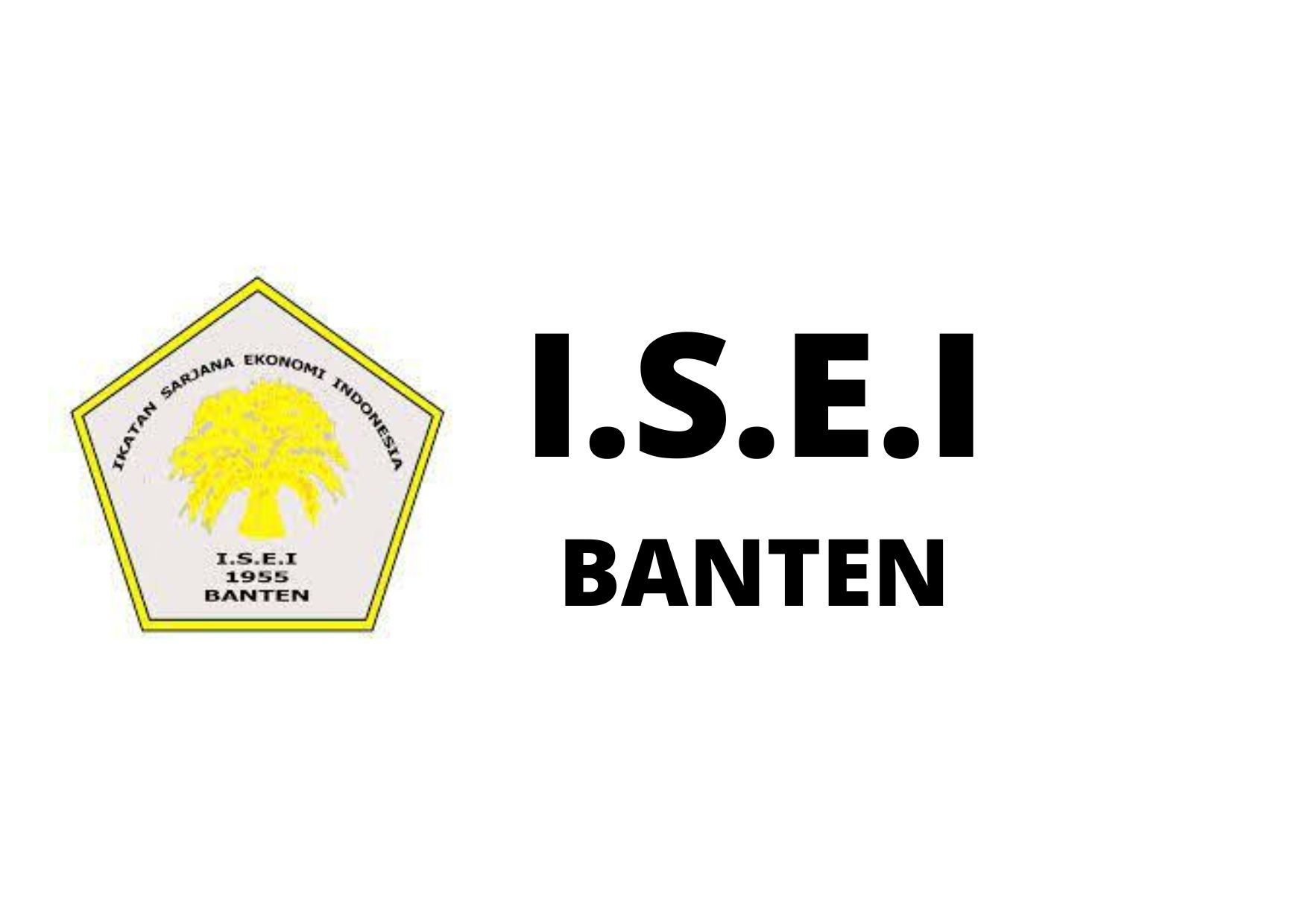Smoking Behavior Demarketing Model: Focus on Behavior, Not Intention
Abstract
This research aims to develop a demarketing model that directly tests the influence of various factors on smoking behavior and formulate various strategies to reduce smoking behavior based on the model. The field of Marketing Science is typically employed to support or enhance the marketing of a product. The research on Demarketing Tobacco Use has evolved from using only one variable in the marketing mix to using all or four variables in the marketing mix. However, the existing Demarketing Tobacco Use or cigarette strategy still has limitations and needs to be further developed. The current Demarketing Tobacco Use strategy only tests the intention to quit smoking. This research is more accurate because it directly tests various factors that influence smoking behavior, not just testing the intention to smoke. The questionnaire was distributed to active smokers with a total of 595 respondents. The collected data was then analyzed using SEM. The findings of this study indicate that product, price, and promotion of cigarettes influence smoking behavior, while distribution does not. Based on these findings, several strategies can be formulated to reduce smoking behavior.
Keywords: Demarketing; Marketing Mix; Smoking Behavior; Strategy
Keywords
Full Text:
PDFReferences
Amalia, N. (2018). The Association Between Tobacco Marketing Mix and Smoking Behavior Among Working Age Male Group In East
Borneo, Indonesia. Journal of Health Science, 6(1), 44–50.
Baporikar, N., & Fotolela, R. (2018). Demarketing Tobacco Products Strategy to Impact Customers for Social Change. International Journal of Civic Engagement and Social Change, 4(4), 16–30. https://doi.org/10.4018/ijcesc.2017100102
Chauhan, H., & Setia, P. (2016). Discouraging cigarette smoking through de-marketing strategies. Future Business Journal, 2(1), 31–39. https://doi.org/10.1016/j.fbj.2016.01.002
Fachriza, F. I., & Moeliono, N. (2017). The Effect of Marketing Mix on Mild Cigarettes Purchasing Decisions. Journal of Ecodemica, 1(2), 139–148.
Hassan, L. M., Shiu, E., Walsh, G., & Hastings, G. (2009). HELP - For a life without tobacco: A case study on demarketing across two levels. Marketing Intelligence and Planning, 27(4), 486–502. https://doi.org/10.1108/02634500910964056
Inness, M., Barling, J., Rogers, K., & Turner, N. (2008). De-marketing tobacco through price changes and consumer attempts to quit smoking. Journal of Business Ethics, 77(4), 405–416. https://doi.org/10.1007/s10551-007-9356-x
Kotler, P., & Keller, K. L. (2016). Marketing Management (15th ed.). Pearson Education Limited.
Mandey, J. B. (2013). Promotion, distribution, and price influence the purchasing decision of Surya Promild cigarettes. Journal of EMBA, 1(4), 95–104.
P2PTM Kemenkes RI. (2018, June 18). WHO: Cigarettes Remain the Leading Cause of Death and Disease. P2PTM Kemenkes RI. http://p2ptm.kemkes.go.id/kegiatan-p2ptm/pusat-/who-rokok-tetap-jadi-sebab-utama-kematian-dan-penyakit.
Pandayu, A., Murti, B., & Pawito. (2017). Effect of Personal Factors, Family Support, Pocket Money, and Peer Group, on Smoking Behavior in Adolescents in Surakarta, Central Java. Journal of Health Promotion and Behavior, 02(02), 98–111. https://doi.org/10.26911/thejhpb.2017.02.02.01
Shiu, E., Hassan, L. M., & Walsh, G. (2009). Demarketing tobacco through governmental policies - The 4Ps revisited. Journal of Business Research, 62(2), 269–278.
https://doi.org/10.1016/j.jbusres.2008.01.034
Sinaga, A. H., Sampurno, & Derriawan. (2019). The Influence of Experiential Marketing and Advertising on Brand Awareness and Its Impact on the Purchase Decision of Tesla Invalder Vape Products Ends. Medika Tadulako, Scientific Journal of Medicine, 6(3), 107–114.
Tielung, M. V. J., Kindangen, P., Mananeke, L., & Massie, J. D. D. (2021). Creating Healthy Golden Generation Without Cigarettes: Demarketing Strategy in Indonesia. Archives of Business Research, 9(1), 36–43. https://doi.org/10.14738/abr.91.9583
WHO. (2020, May 30). Statement: World No Tobacco Day 2020. WHO. https://www.who.int/indonesia/news/detail/30-05-2020-pernyataan-hari-tanpa-tembakau-sedunia-2020.
WHO. (2021, July 26). Tobacco. WHO. https://www.who.int/news-room/fact-sheets/detail/tobacco#
Za, M. M. B., & Lataruva, E. (2012). Analysis Of The Influence Of Product Quality, Price Suitability, And Promotion Intensity On Consumer Purchasing Decisions On The Djarum Super Cigarette Brand. DIPONEGORO JOURNAL OF MANAGEMENT, 1(1), 254–261. http://ejournal-s1.undip.ac.id/index.php/djom
Zoni, H., & Syam, S. (2013). Factors Related to Smoking Behavior at Home among the Community in Jorong Gantiang Ateh, Nagari Tantung Alam, Tanjung Baru District, Tanah Datar Regency. Journal of Public Health, 4(2), 24–34.
DOI: http://dx.doi.org/10.35448/jmb.v16i1.19837
Refbacks
- There are currently no refbacks.
Copyright (c) 2023 Sains: Jurnal Manajemen dan Bisnis
Redaksi SAINS: Jurnal Manajemen dan Bisnis,
Fakultas Ekonomi dan Bisnis, Universitas Sultan Ageng TirtayasaJl. Raya Palka KM 3 Sindangsari, Pabuaran, Kab. Serang, Provinsi Banten
Telp/Fax (+62254) 3204321
E-mail: [email protected]
Sains: Jurnal Manajemen dan Bisnis is licensed under a Creative Commons Attribution-ShareAlike 4.0 International License.







